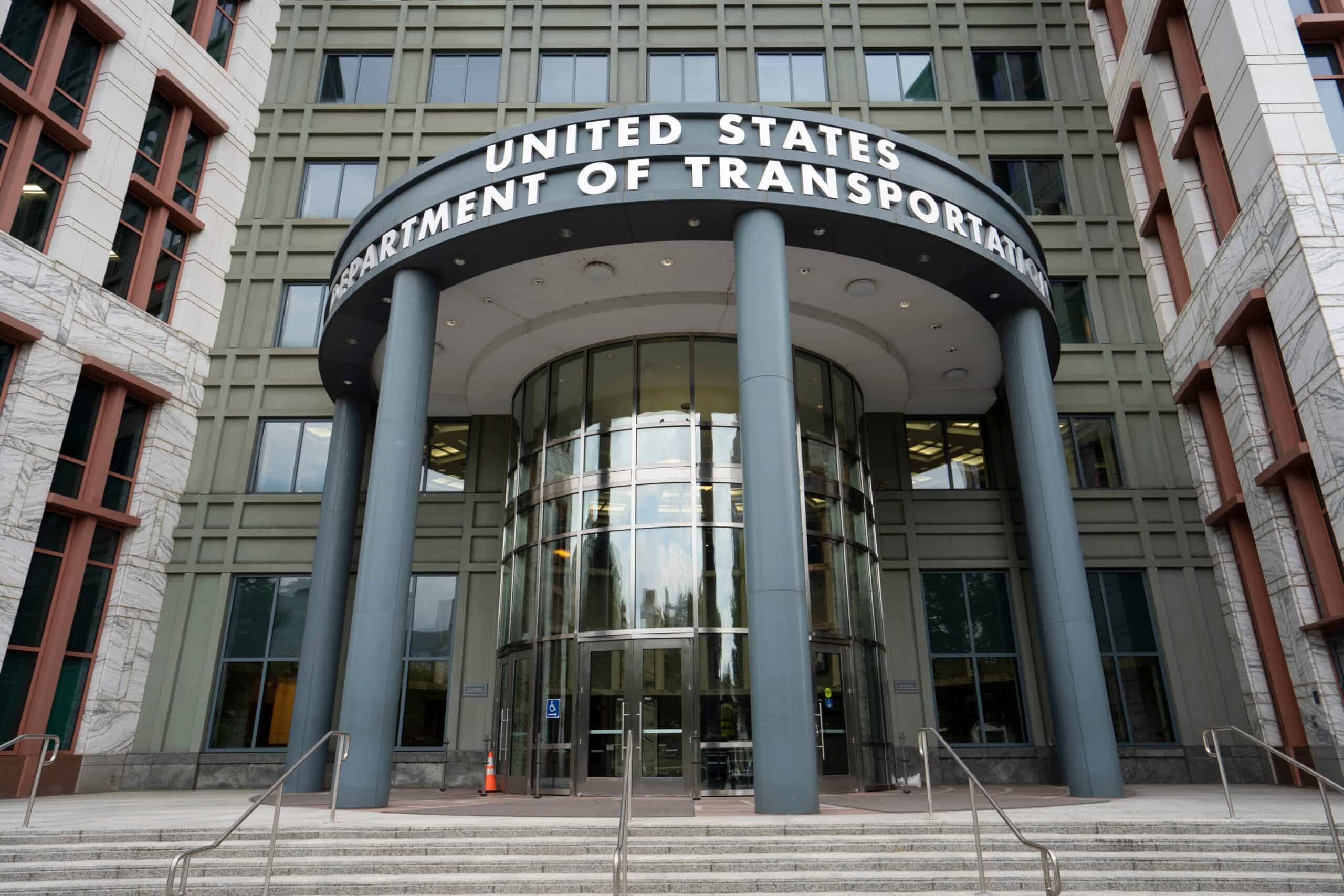
NCLA lawsuits have forced the Department of Transportation to abandon an abusive administrative enforcement action against a small family-owned business for the third time this year. These cases provide a roadmap for others to follow when DOT drags them into illegitimate administrative proceedings.
All three NCLA cases challenged in federal court the constitutionality of DOT’s in-house tribunals that adjudicate enforcement actions, alleging that: (1) they violate the accused’s right to a trial by jury; (2) they fail to provide due process of law where DOT simultaneously acts as both prosecutor and adjudicator; and (3) DOT’s adjudicators are executive officers who are improperly protected from Presidential control. Rather than defend itself in court, DOT simply bailed on its enforcement actions, either voluntarily vacating civil penalties or abandoning ongoing proceedings.
DOT’s Federal Motor Carrier Safety Administration (FMCSA) fined Colt & Joe Trucking, but in the face of a challenge in the Tenth Circuit, the agency vacated its own civil penalty order to avoid having to defend its in-house adjudication scheme. In another case, DOT’s Pipeline & Hazardous Materials Safety Administration (PHMSA) fined Polyweave, a family-owned manufacturer of bags used to transport hazardous material. The Justice Department decided it could not defend PHMSA’s order and convinced the Sixth Circuit to vacate that order by fessing up to the adjudicator’s unconstitutional appointment.
In the most recent case, which concluded this week, NCLA challenged an ongoing administrative proceeding that PHMSA brought against gh, a small laboratory that tests packaging used to transport hazardous material. NCLA was able to bring suit in federal court to enjoin the proceeding without waiting years for an agency final order because of its recent Supreme Court victory in Cochran, which recognized that being subject to an illegitimate agency proceeding is a here-and-now injury that can be addressed in an immediate federal-court lawsuit. Just days before DOT’s final brief opposing gh’s request to enjoin the challenged proceeding was due, the agency voluntarily abandoned that proceeding to avoid an adverse court ruling.
These repeated retreats evince a Fabian strategy to dodge judicial review of DOT’s administrative adjudication scheme. DOT abandons enforcement actions whenever an accused brings a constitutional challenge to that scheme but continues to subject others—typically small businesses that cannot afford attorneys—to such adjudications. That’s no way to run a railroad. Enforcement results should not depend on whether the accused has the resources to file federal lawsuits.
Nor is a strategy to avoid judicial review sustainable in the long run because the roadmap for NCLA’s success is easily replicated. As soon as DOT brings an enforcement proceeding for civil penalties or other punishments, the accused can file a federal lawsuit challenging the constitutionality of that proceeding. The jury-trial, due-process, and separation-of-powers claims do not depend on the details of the underlying enforcement action and thus can be adapted to challenge most DOT in-house proceedings. If DOT retreats each time, its ability to enforce regulations could be crippled. Soon or later, DOT must submit to judicial review.
In any event, the Supreme Court is already reviewing some of the same issues in SEC v. Jarkesy—albeit in the context of adjudications at the Securities and Exchange Commission. Justices seemed particularly skeptical that an agency can deny the targets of enforcement actions the constitutional right to trial by jury simply by dragging them into in-house tribunals.
